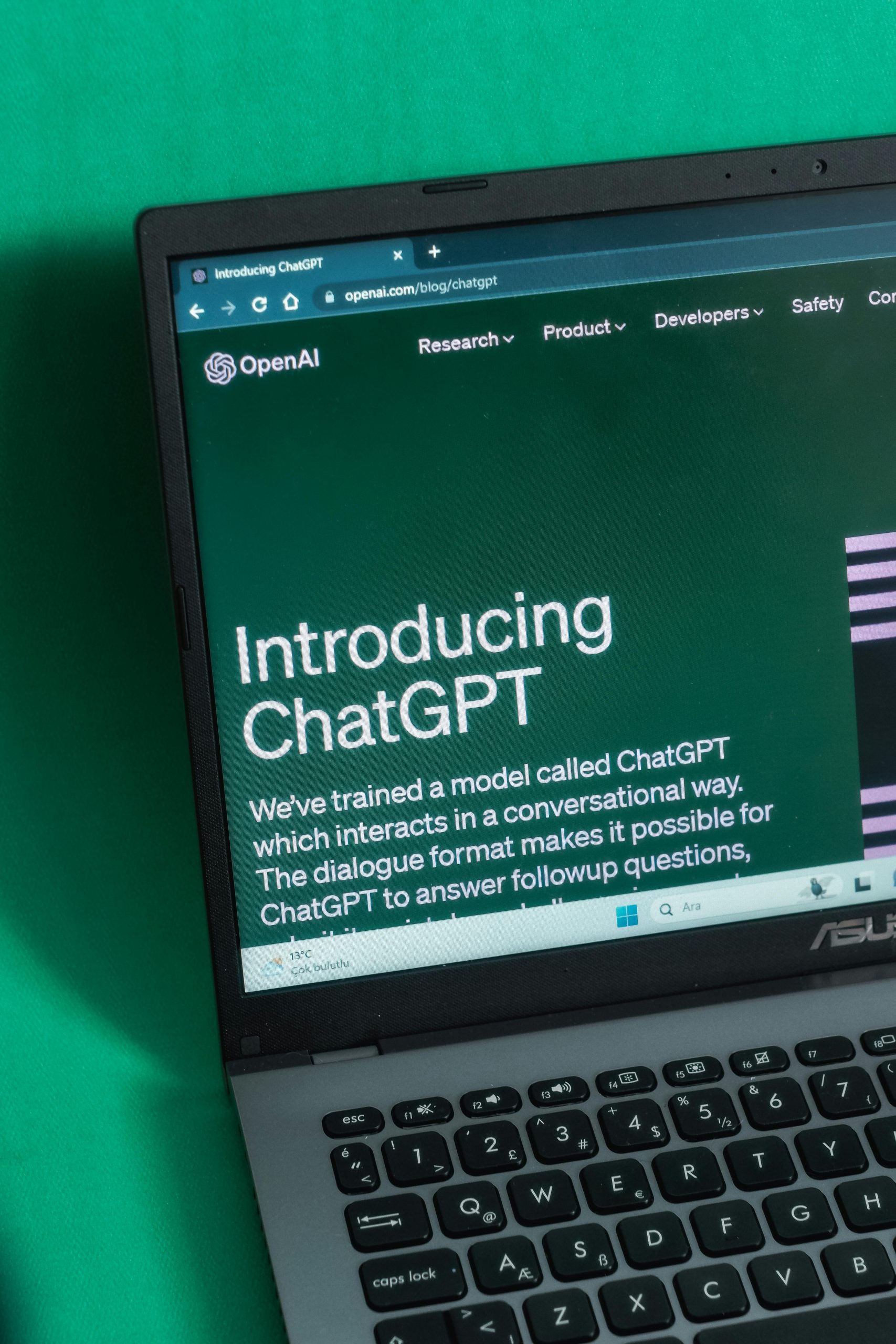Everyone’s Wondering If ChatGPT Will Replace Developers-But That’s Not What’s Actually Changing
The Real Impact of ChatGPT on Software Development: Beyond The Hype of Replacement
In recent discussions surrounding artificial intelligence and software engineering, a recurring question captures much of the attention: Will ChatGPT or similar AI models replace human developers? While this topic garners plenty of buzz, focusing solely on whether AI can write code as effectively as a developer misses a crucial point. The true transformation lies in how these tools are quietly reshaping the structure and workflows within engineering teams.
From Replacement to Integration
Contrary to the myth of an AI-driven development apocalypse, ChatGPT isn’t poised to eliminate human developers. Instead, it is becoming an embedded component of the development lifecycle—integrating seamlessly into daily routines and collaborative processes. The shift is less about technical capability and more about structural change.
Reshaping Team Dynamics and Processes
As ChatGPT-and similar AI tools become routine, teams are witnessing evolving roles and new ritual practices. For instance:
- Communication Shifts: Stand-up meetings are increasingly supplemented or replaced by asynchronous updates generated by AI models, streamlining daily communication.
- Enhanced Planning: Project planning sessions may start with story estimates pre-filled by ChatGPT, leveraging historical ticket data to provide more accurate initial assessments.
- Documentation as a Continuous Activity: Documentation tasks transition into background processes, with AI drafting product specifications, test scaffolds, and release notes, reducing manual overhead.
Emerging Responsibilities and New Roles
With AI integration, traditional responsibilities expand:
- Code Review: Teams now review AI-generated logic, verifying correctness and flagging confidently stated but subtly inaccurate outputs.
- Data and Security Oversight: When AI interacts with sensitive areas—such as billing systems or user data—organizations often implement policies requiring human oversight to ensure compliance and accuracy.
- Specialized Roles: Some organizations are creating positions dedicated to maintaining prompt libraries, tuning model behavior, and aligning AI outputs with organizational standards.
Understanding the Broader Trend
This evolution isn’t science-fiction; it’s a natural progression as tools transition from experimental prototypes to foundational infrastructure. What was once a novel experiment becomes an integral part of the development environment, influencing roles, workflows, and team dynamics.
The Future of Development Teams
The narrative is no longer about AI replacing developers but about developers learning to collaborate with AI-powered tools embedded within their workflows. Success comes from adapting processes, establishing new protocols for oversight, and fostering teams proficient in managing AI outputs.
Your Experience Matters
Are you noticing shifts in your














Post Comment